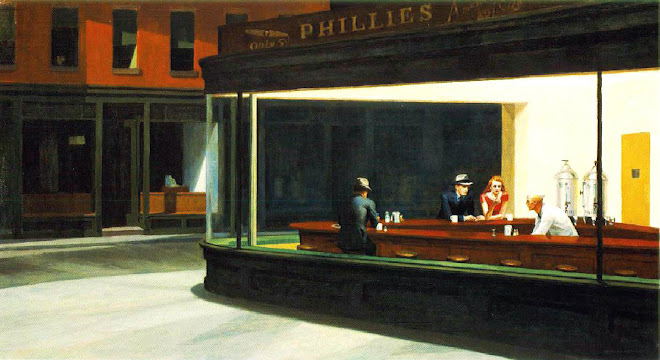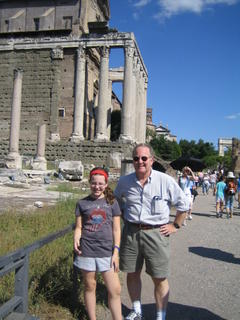
In response to a recent post by one of our readers and the reader's trusty canine (you know who you are, so I need not mention any names here) the following:
Dear (Name of Reader), and of course, (Name of Reader's Dog):
Thank you for your thoughtful comments on the state of Air Conditioning, a.k.a., the Air Conditioned State. We here at Moo Moo Camus, and our subsidiary organization, the Bureau of Social Turmoil, are happy that you have, with your clever acumen, penetrated the fog of our initial observation. Indeed, to wit, viz, i.e, : a specter is haunting all of Europe, and indeed, the other important parts of the known world, including Anaheim and Orlando, and it is the specter of the international air conditioned class, who hope one day to seize control of the state (including the states of Florida and California, but not Idaho---too many hot potatoes) and impose a world numbing condition (to wit: air conditioning) on all of humanity. This state will henceforth be known as "Chilly" (not to be confused with the South American nation, nor with ingredients of Mexican food). Chilly will be ruled by a small elite of neo-conservatives, neo-liberals, and neo-anderthals whose every effort will be directed toward making the world safe for global warming. Their motto however, will be, "Everything is cool". They will work, day and night, to make us all think that everything is cool, really cool, when in fact , it is not. Once they have worked their evil, everyone will want to be 'cool.' Everyone. And pretty soon, everyone will THINK that he or she IS cool. Then people from all walks of life will walk around, thinking, "I am really cool," and "everything is cool." And more insidiously, they will FEEL cool.
Once this new elite, the air conditioned class, has stabilized power, it will not stop at anything. It will announce that the world is cool and that you and I are cool, and that even Donald Trump is cool. Next thing you know, they will have us believe that even capitalism is cool. And everyone will want to be a capitalist and everyone will want to be on 'the Apprentice,' or worse, some home remodeling show on the E-channel. Everyone will be infatuated with themselves, thinking, "I am cool, the world is cool, capitalism is cool, everything is cool." But of course, (Name of Reader), you and I will know better. You and I, and perhaps ( name of Reader's dog) too, in is doggy perceptiveness-- will know the truth: WE ARE ALL IN A WHOLE LOT OF HOT WATER!
Down with the Air Conditioned Class. Long live Air Conditioning!









